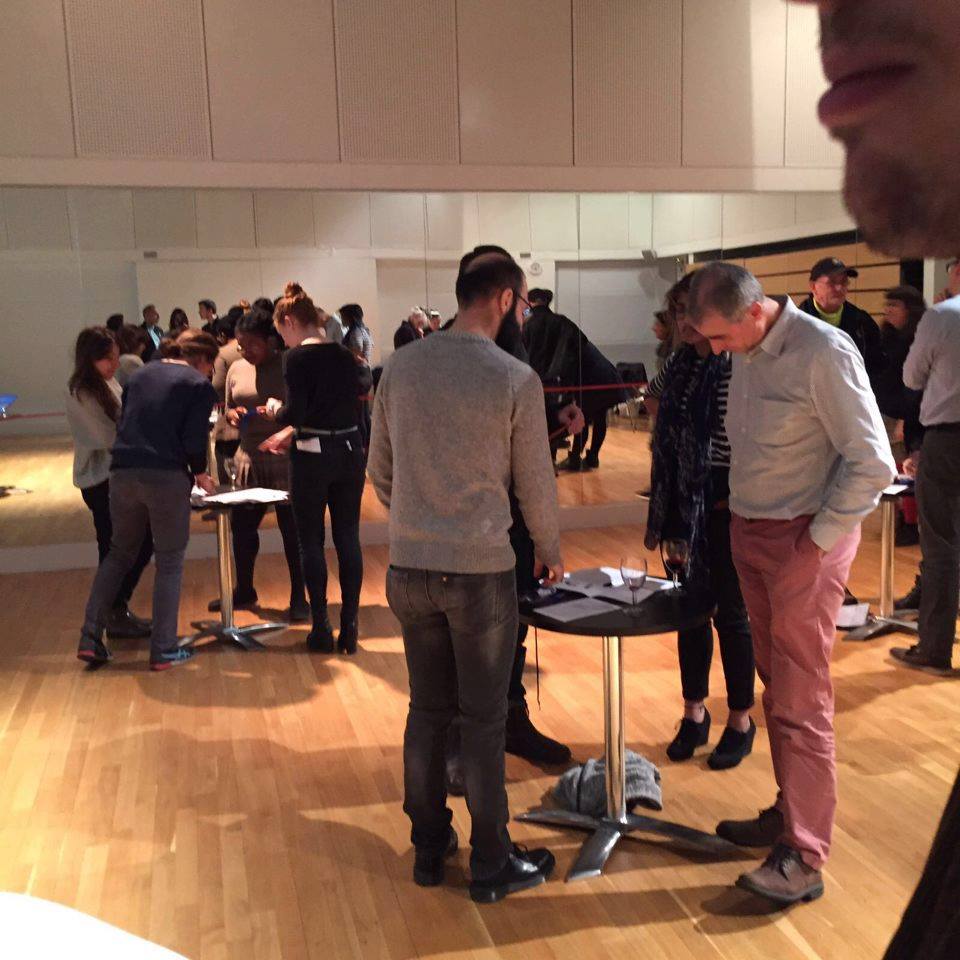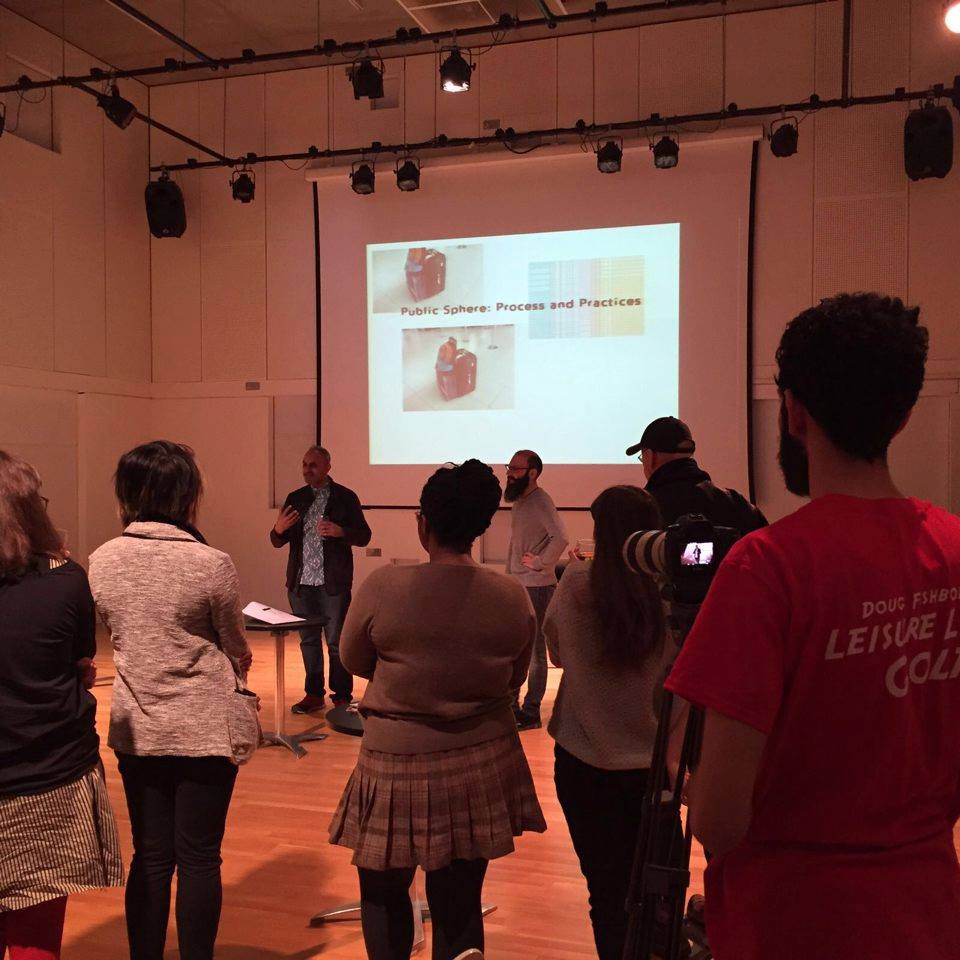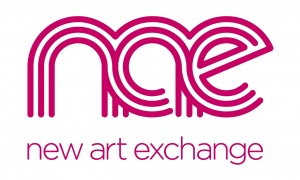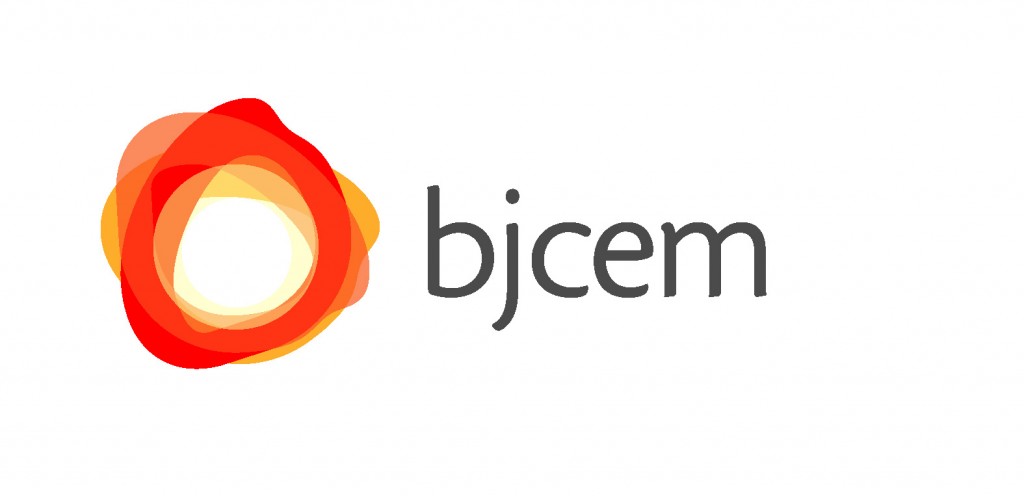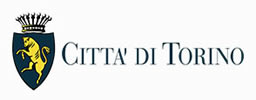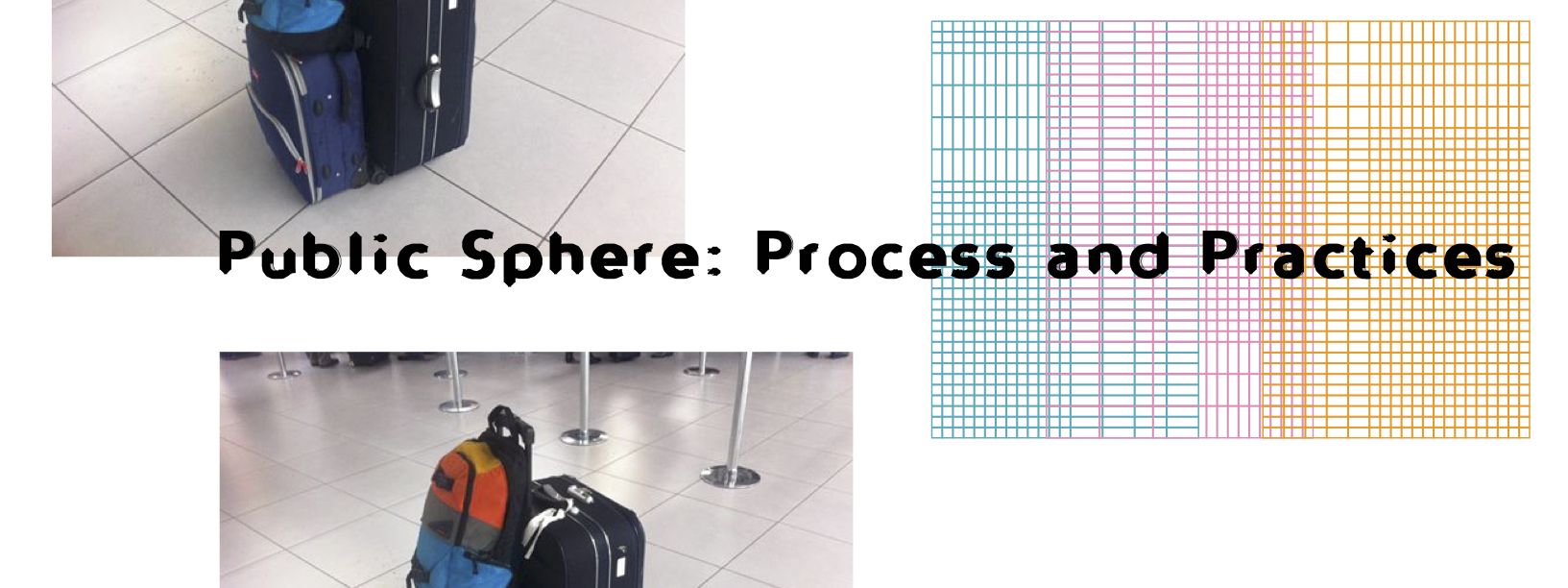
PUBLIC SPHERE: PROCESS AND PRACTICES
—
Practices as an Intersection
in a Fragile Environment #3_Nottingham
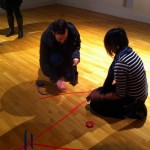
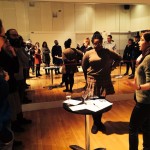
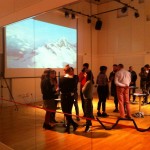
After the previous two steps in Milan and New York, Practices as an Intersection in a Fragile Environment, an ongoing curatorial project by Claudio Zecchi, will take place as a third step in Nottingham at the New Art Exchange. Devoted to work in a mutual synergy with the territory and local communities, NAE develops, nurtures and stimulates new perspectives on the value of diversity in art and society.
The project has been conceived as a long-term narration that originates from the need to give back an almost ten-years long consideration on the relationship between the arts and the public space.
Michael Foucault said in an interview: «I don’t write a book so that it will be a final word; I write a book so that other books are possible, not necessarily written by me». Through this approach, Practices aims to become an open, porous, and horizontal process as well as a dynamic and unpredictable process through the inclusion of different and hopefully unexpected subjects: artists, curators, architects, urban planners, philosophers, sociologists, local associations so on so forth, as well as the general public.
Conceived for the NAE as an interdisciplinary platform, Practices as an Intersection in a Fragile Environment will start from the practices and moves within a fragile and precarious space such as that of the relationship between the arts and the public space. A space that has been witnessing over the recent years a significant movement from the artistic object to the project, from the aesthetic experience to the poetic, determining an interaction across practices that have significantly smooth, making it almost invisible, the border between such fields of action.
Hence, floating through different approaches we will ask where the artwork borns and if, as well as the institution, it should intervenes within the world and with which consequences.
If in most of the recent cases, the world challenged the art world (the presence of the Occupy groups at the 7th Berlin Biennale, Forget Fear in 2012, rather than the Greenpeace activists invited to be part of the exhibition global aCtIVISm held between 2013 and 2014 at the ZKM Center for Art and Media in Karlsruhe) by undermining its borders, how does the art world challenge the world on its turn?
And more. If the artwork born in the world it becomes crucial to ask if with the projects we produce, as curators, artists or other professionals, we maybe only have an intellectual participation to the local communities and territories daily life that might originate a sort of distance between us and them in terms of active participation of what specifically happens in those territories: the ambitions, the dreams and the hopes these people have. If this is true: what kind of relations, reactions and consequences do these projects produce on the territories? What actually happens when the projects are finished?
Moreover: if most of the artistic practices, aim to open up a debate on themes concerning the society, can the public still just be put apart and treated as mere observer, or as a simple number to be added to the success or failure of a single operation or it should be considered as part of the project? For better saying: is the public a simple spectator or is it the protagonist (almost a co-producer) to be placed on the same level of the artist and the curator?
Quoting Simon Sheik, these questions push us to re-negotiate our notion of critics and achievement of what an art work is and how it should engage its world’s imaginary. This should help us to drop out the common models in order to perceive and re-think new ones able to generate and nurture, not only different formats, but above all new forms of thoughts, new languages and new symbols.
A narrative report on the project, written by Claudio Zecchi, is available here:
http://www.bjcem.org/2016/04/14/public-sphere-process-and-practices-once-youre-on-the-ground/
More info about the project can be found here:
http://performativepractices.blogspot.co.uk/p/public-sphere-process-and-practices.html
http://www.bjcem.org/2016/03/10/an-interview-with-the-curator-claudio-zecchi/
-.-.-
Curator: Claudio Zecchi
Born: 1978
Hometown: Sabaudia (LT) Italy
Lives and works: Rome, Italy
Education: BA Contemporary Art History, Faculty of Conservation and Cultural Heritage of Tuscia University, Viterbo (Italy) (2003); MA, Faculty of Architecture of Valle Giulia in collaboration with the Macro Museum in Rome in “Management for curators of Museums of Contemporary Art and Architecture”, Università La Sapienza, Rome
URL: http://performativepractices.blogspot.it/
BIO / STATEMENT: Claudio Zecchi is an independent curator whose field of research is a practice aimed at investigating new visions and reading of the public space as well as the role that artists, curators, institutions and the public (in its active function) perform in the contemporary society at large. Over the years he developed medium and long term multidisciplinary projects that aim at generate, encourage and nurture a dialogue in a continues dialectical tension between different forms of thought, processes and practices. In 2014 he launched a new interdisciplinary platform, performativepractices, along with the project Practices as an intersection in a Fragile Environment (Milan 2014; New York 2015) a project that has been conceived as a horizontal and porous long-term narration that originates from the need to reconsider from a discursive approach an almost ten-years long attention on the relationship between the arts and the public space. The process starts from the practices (basically artistic, curatorial, institutional) and moves within a fragile and precarious space such as that of the relationship between the arts and the public space. Although the presence of artists, curators and institutions as part of the panels enabled to reach a specific audience so far, the project aims to be wider and inclusive creating the conditions to make all the contributors, the panelists as well as the general public, engaged. From 2006 until 2013, Zecchi was co-curator of Cantieri d’Arte Public Art Project, a platform for new visions and readings of urban space and society out of which emerged several workshops and editorial projects among which:
(Workshop) Mapping the future, Milan (2012), La Ville Ouverte, Viterbo/Genova (2011 – 2012); La Forma editorial workshop, Thessaloniki/Rome, collateral events of BJCEM – Symbiosis? (2011); La forma della città, Viterbo (2011); (Publications) C. Zecchi, Ramdom: planning, sustainability and imagination (Temporary Art Review) (2015); C. Zecchi, When You Cut Into the Present the Future Leaks Out, (Temporary Art Review) (2015); C. Zecchi, Responsabilità, pratiche e tensione narrativa nel lavoro di Gian Maria Tosatti, (Arte e Critica) (2015); C. Zecchi, Una certa mancanza di Occidente (Arte e Critica); Pratiche di attivismo nel panorama dell’Euro-Mediterraneo. Il ruolo del curatore, dell’artista e del pubblico (2014); C.Zecchi – M.Trulli, New strategies of activism in the public space. A ipothesis. (2013); C.Zecchi – M.Trulli, BUTOBA MT5_registrare il rimosso (2011); Drawing a new memory (2010); Visioni Urbane Contemporanee, Viterbo (2008-2009); La città dei biSogni, Viterbo (2007-2008); Ridisegnare i Luoghi Comuni Viterbo (2006). Since 2008, Zecchi has also provided curatorial and editorial input to the gallery De Crescenzo & Viesti Gallery (Rome). A regular contributor to Arte e Critica (ITA) and Temporary Art Review (USA), Zecchi is curator of: Practices as an Intersection in a Fragile Environment, Milan (IT) (2014), New York (2015) and co-curator of: 2013, Errors Allowed, 16th Mediteranean young art Biennial Ancona (IT); 2012, Disorder BJCEM project for World Event Young Artists in Nottingham, (UK); 2011-2012, La Ville Ouverte (a residency program focused on different aspects of the relationship between art and public space in the Mediterranean area, questioning the nature of the urban space and the role that art can play activating different forms of partecipation of citizens), Casablanca, Viterbo and Genova (MA/IT); 2011 La Forma della città, Viterbo (IT); 2008-2009 Visioni Urbane Contemporanee, Viterbo (IT).
